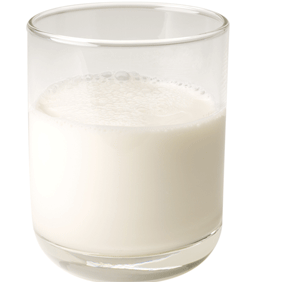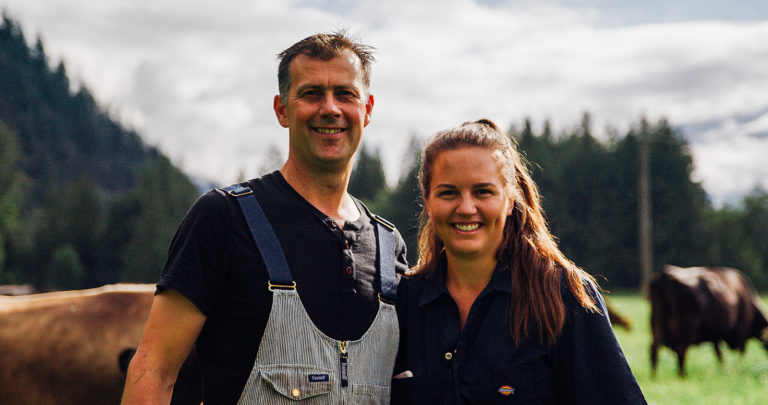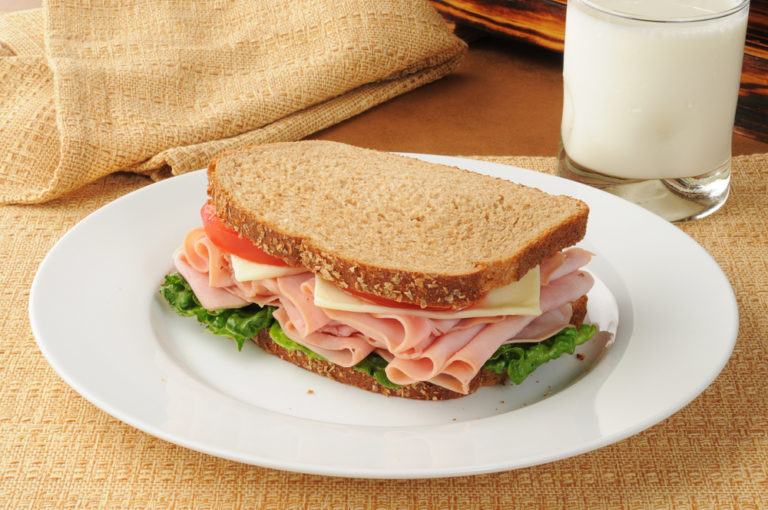Over the age of two, fortified soy beverage counts as a milk alternative.
According to Health Canada, fortified soy beverages, although not identical to cow’s milk, are a nutritionally adequate alternative. They are suitable beverages for those who cannot or do not drink milk.
Unfortified soy beverages are not nutritionally similar to milk and cannot be used as an alternative to milk.
Soy beverages, whether fortified or not, are not suitable for infants under two years of age. Soy-based formulas, in certain circumstances, may be used with infants if advised by your doctor.
Ideas for Action:
- Breastfeeding is the best way to feed your baby. If you are not breastfeeding, use a commercial, iron-fortified cow’s milk infant formula.
- Offer whole milk to children between the age of one and two years. Soy beverages are not an alternative choice for infants under two years of age.
- After age two, if you can’t drink or don’t use milk, fortified soy beverages can be an alternative.
Fortification of soy beverages is optional. According to the Food and Drugs Act (1), processors may choose to manufacture soy beverages without any fortification. If they choose to fortify, the level of fortification must be equivalent to the level of these nutrients found in milk. There are two options for fortification:
- To fortify with 6 nutrients — processors must add vitamin A, vitamin D, vitamin B12, riboflavin, calcium and zinc.
- If processors have chosen to fortify with the first six nutrients, they may add any or all of the following nine nutrients: vitamin B6, vitamin C, thiamin, niacin, folacin, pantothenic acid, phosphorous, potassium and magnesium.
Be sure to read the labels carefully to check if the product you are purchasing is fortified. Although not identical in terms of micronutrients, fortified soy beverages can be used as an alternative to milk by adults and children over two years of age.
There are no minimum requirements for total fat or protein in soy beverages. The Canadian Paediatric Society, Dietitians of Canada and Health Canada advise that soy beverages, whether or not they are fortified, should not be given to children under the age of two (2).
Soy formula is not the same as soy beverages. Soy formula is appropriately used with infants on vegan diets or infants with galactosemia. The use of soy formula for infants with proven milk allergy is controversial, since many infants allergic to cow’s milk will also be allergic to soy protein. A casein-hydrolysate formula is the first choice for infants with proven allergy. Soy formula does not prevent or manage colic, nor does it prevent allergy in healthy or high-risk infants.
Sources
(1) Health Canada. Food and Drugs Act and Regulations, 1981 (Amendment November 1997).
(2) Canadian Paediatric Society, Dietitians of Canada and Health Canada. Nutrition for Healthy Term Infants, Minister of Public Works and Government Services, Ottawa, 2005.



